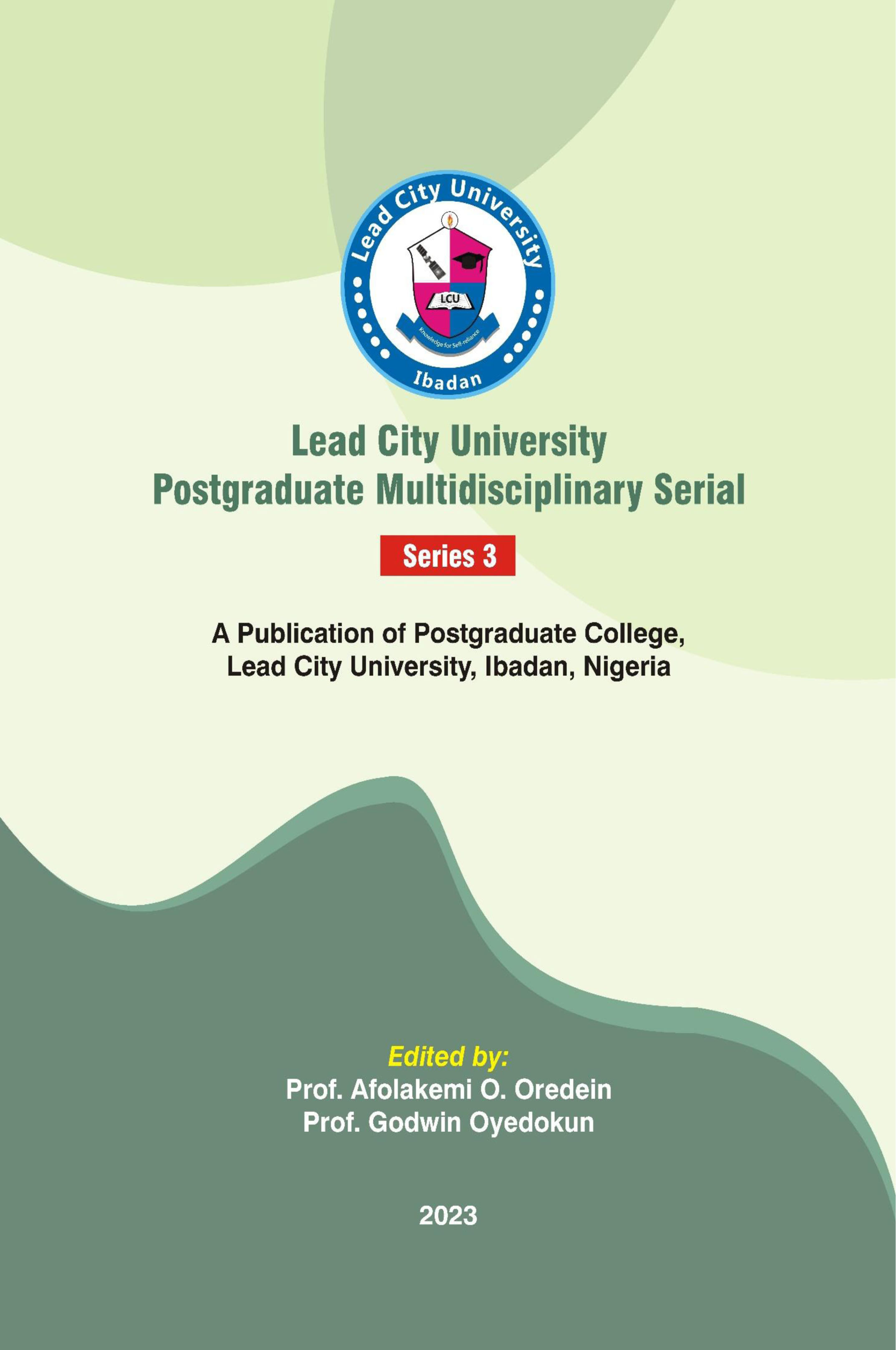Effect Of Peer Tutoring and Teacher Centred Strategies on the Academic Performance of Hearing Impaired Students Comorbid with Learning Disabilities in Oyo State, Nigeria
Keywords:
Hearing impairment, learning disabilities, peer-tutoring, teacher centered, academic performance.Abstract
The presence of learning disability as a major comorbid disability associated with hearing
impairment compounds the learning difficulties experienced by these students. Most teachers
of learners with these conditions who do not realise their learning challenges find it difficult to
use appropriate teaching strategy to meet the learning needs. This study, therefore, was
designed to determine the effect of peer tutoring on the academic performance of hearing
impaired students comorbid with learning disabilities in Oyo State, Nigeria. The moderating
effects of gender and degree of hearing loss were also examined. Three hypotheses were
formulated and tested at 0.05 level of significance. A pretest-posttest control group quasi
experimental design with a 3x2x2 factorial matrix was adopted. Three schools for students with
hearing impairment were purposively selected based on the availability of students with
hearing impairment. Fourty students with hearing impairment were screened for learning
disabilities with Myklebust rating scale. These students with mild and moderate hearing loss
were further screened and selected with the use of AD629-Hybrid Diagnostic Audiometer. The
schools were randomly assigned to treatment groups and control groups. The treatment lasted
eight weeks. T-test was used to analyze the data collected. The study revealed peer-tutoring
strategy more than teacher centered strategy improved the academic performance of hearing
impaired students with learning disabilities in Ibadan, Nigeria particularly among females with
moderate hearing loss. The study also revealed that females in the two treatment groups had
better academic performance than the control group. This therefore implies that students learn
better and faster when they learn together because they see themselves as equal without seeing
anyone among them as being superior. Therefore, these strategies should be adopted by
teachers of with hearing impairment whose notice that students exhibit traits of learning
disabilities with poor academic performance

